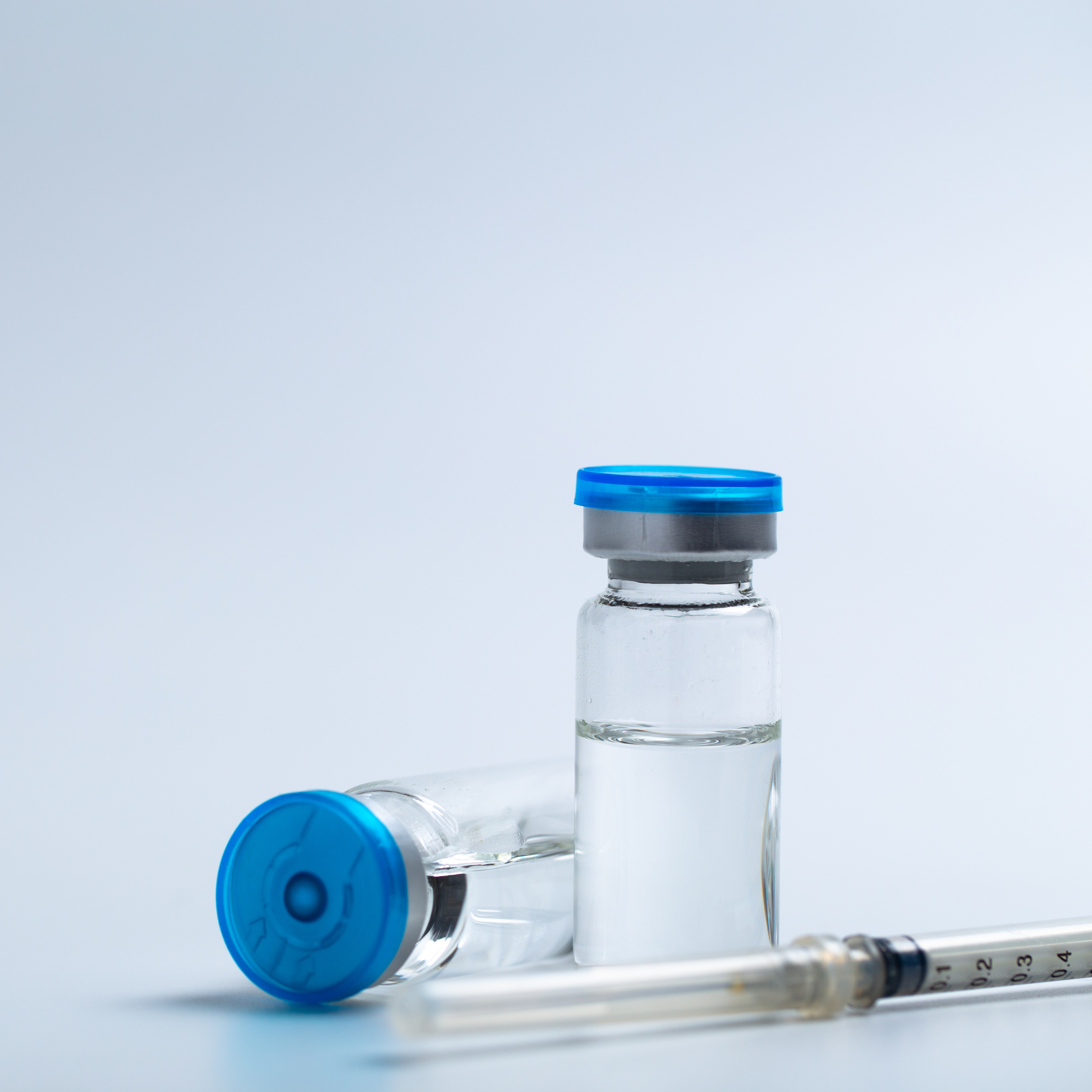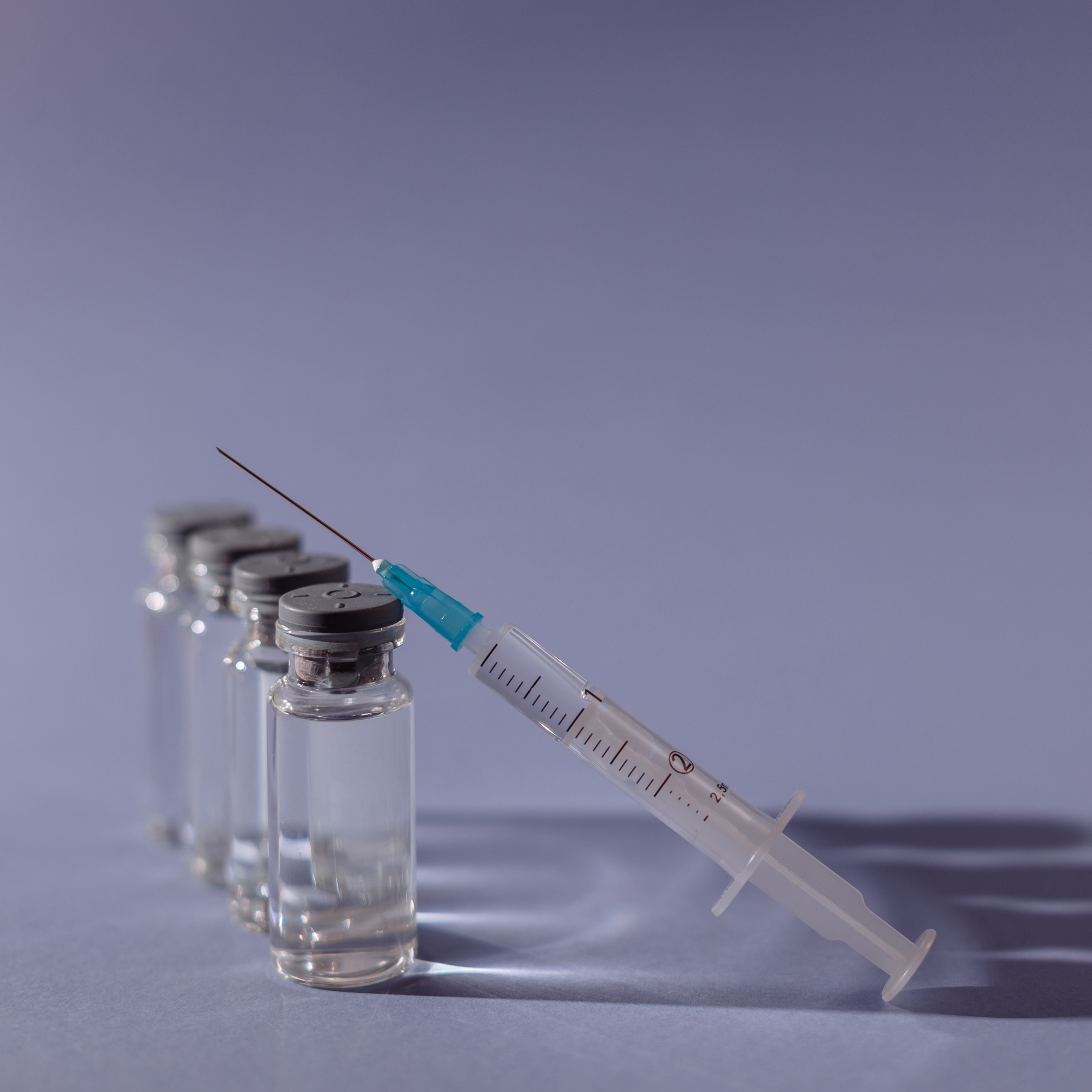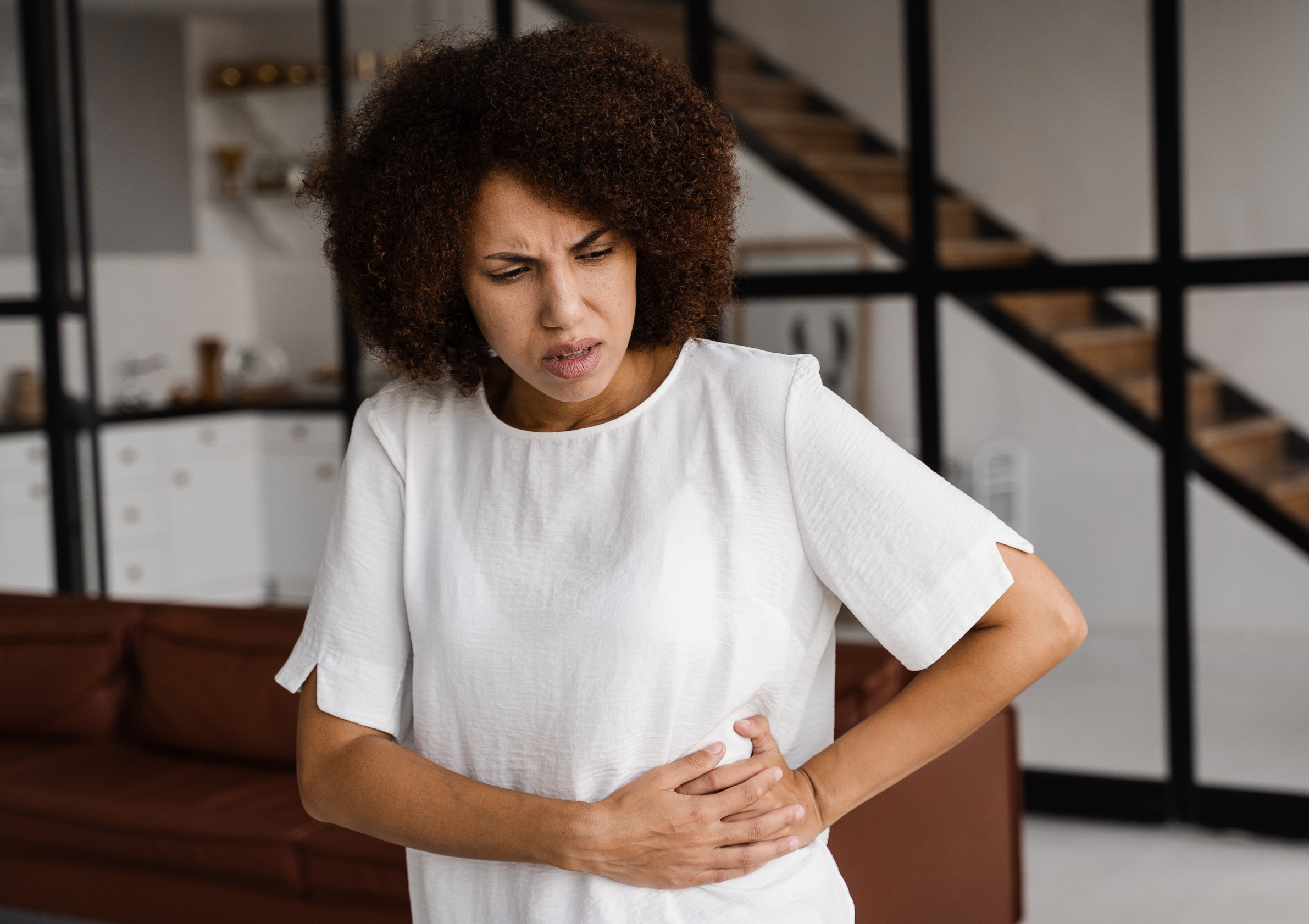
Yeast infection is a topic that no one likes to talk about. But don't worry, Admired is here to help!
Recognizing a yeast infection can be tricky. Here are some common yeast infection signs to look out for:
If you're feeling itchy in the genital area, particularly around the vagina, this could be a red flag for a yeast infection. The itchiness may range from mild to severe, which can cause discomfort.
Changes in vaginal discharge can be a sign of a yeast infection, including a thick, white, cottage cheese-like substance. However, not all changes in discharge signify a yeast infection. If there is no improvement in your discharge after treatment, you should consult with a healthcare professional for testing and accurate diagnosis.
While not specific to just yeast infections, inflamed or swollen genital tissues, accompanied by redness and soreness, can be an indicator of one.
If you have a yeast infection, you may experience discomfort or pain while urinating or engaging in sexual intercourse. This is due to the irritation caused by the yeast infection.
Yeast infections and urinary tract infections (UTIs) are two different conditions. Yeast infections are most often caused by an overgrowth of Candida albicans, a type of naturally occurring yeast that lives in the vagina. UTIs are bacterial infections that affect the urinary tract, including the bladder, urethra, and kidneys.
While yeast infections and UTIs can coexist, one does not directly cause the other. However, certain factors, such as changes in vaginal pH balance or antibiotic use, can increase the risk of developing both infections simultaneously.
The good news is that a mild yeast infection can sometimes go away on its own without medical help. If your yeast infection is mild and not recurrent, your body's immune system can naturally combat yeast overgrowth.
It's essential to listen to your body and monitor your symptoms. If your yeast infection persists or worsens over time, we advise you to seek medical treatment.
Although yeast infections are effectively treated with antifungal medications, such as creams, suppositories, or oral tablets. These medications help eliminate the excess yeast and alleviate symptoms, providing relief and promoting healing.
A yeast infection does not typically cause bleeding, but it can lead to irritation and inflammation of the vaginal tissues. Irritation and inflammation may result in minor spotting or bleeding.
So how do you know if you have a yeast infection? If you’re experiencing vaginal bleeding along with other symptoms of a yeast infection (such as itching, discharge, or discomfort) it’s best to consult with a healthcare provider. They can help determine the cause of your symptoms and recommend the most effective treatment plan.
Yeast infections are common. Admired can help treat both quickly without hard-to-get doctor appointments and busy waiting rooms. Pick up your prescription at your local pharmacy and get back to being you again.
Don't be concerned about the burn and ditch the itch. Start your free online yeast infection consultation today!
Thanks for reading,
Your Admired Team
















